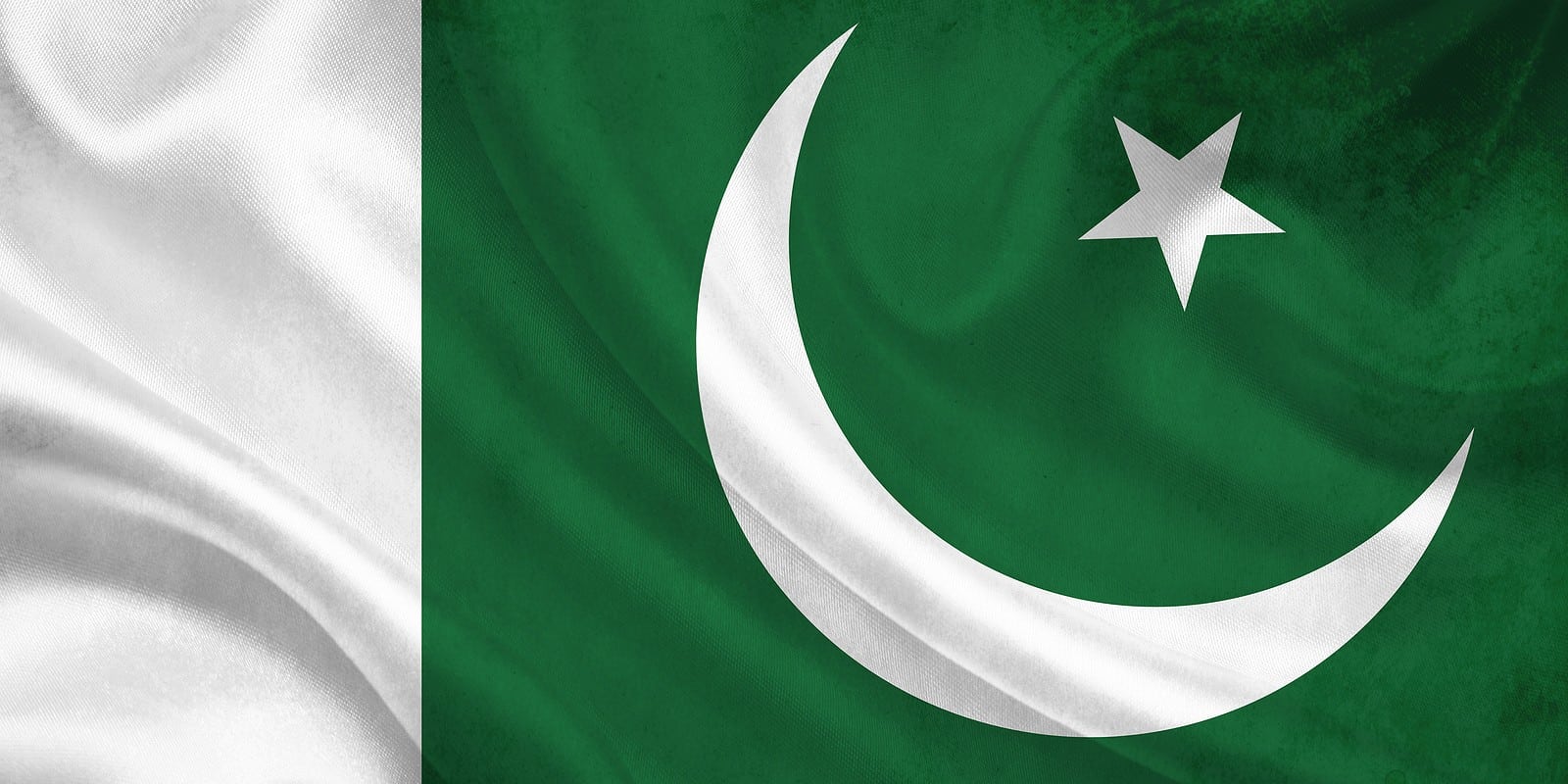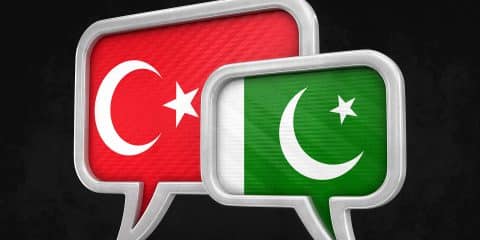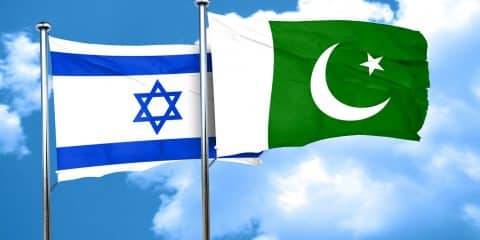As a major Islamic nation, Pakistan has a duty towards the Muslim ummah which it must respect.
Pakistan belongs to a small number of countries that still do not have diplomatic relations with Israel. This is an anomaly and an anachronism. Israel has become a major power with global clout. It was ranked the eighth most powerful country in the world in 2020 by the index of the BAV Group (a consultancy) and of the Wharton School at the University of Pennsylvania. Israel is a world leader in technological innovation; it has a powerful army and a dynamic economy; it has strategic relations with the United States and enjoys close ties with the world’s major powers; and it displays soft power too as a cradle of Western civilization and of the Abrahamic religions, and through the influential Jewish Diaspora.
Israel has diplomatic relations with six Arab countries: Egypt, Jordan, the United Arab Emirates, Sudan, Bahrain and Morocco. In addition, Israel has diplomatic relations with many non-Arab Muslim countries such as Turkey, Nigeria, Chad, Azerbaijan, Senegal, Kazakhstan and other republics of Central Asia. Israel used to have strong ties with Iran until the Islamic revolution of 1979. The fact that Israel has a strong relationship with India should not impede the establishment of diplomatic relations between Israel and Pakistan. Russia has relations with both Israel and Iran; the U.S. has relations with both Iraq and Israel; Israel has relations with both Turkey and Greece. The list goes on.
Talks of recognition between Israel and Pakistan are not new. Back in September 1956, Pakistan’s foreign minister Hamidul Haq Choudhury had declared that “Israel is a reality.” In the 1980s there were unofficial contacts between the Israeli and Pakistani governments on Pakistan’s nuclear program, as Israel wanted guarantees that Pakistan would not transfer nuclear technology to Arab countries and Pakistan wanted to make sure that Israel would not take action against its nuclear program. In August 1992, Pakistan’s ambassador to the U.S. said that her country should recognize Israel just as India did. A Pakistani official attended the funeral of Israeli prime minister Yitzhak Rabin in Jerusalem in November 1995.
If so many Arab and Muslim nations now have official relations with Israel, why should Pakistan be more loyal than the king? The unresolved conflict between Israel and the Palestinians has not prevented other Arab and Muslim nations to establish relations with Israel, just as Israel has established relations with India despite the unresolved conflict in Kashmir or with Morocco despite the unresolved conflict in Western Sahara. Pakistan has diplomatic relations with China despite its mistreatment of the Muslim Uyghur minority, and has diplomatic relations with Myanmar despite its persecution of the Muslim Rohingya minority. The Palestinians, by contrast, enjoy partial self-rule both in the West Bank and in the Gaza Strip.
If so many Arab and Muslim nations now have official relations with Israel, why should Pakistan be more loyal than the king?
If India could reassess its policy towards Israel, so can Pakistan. Today Israel and India have close economic and military ties but, in the past, the two countries were distant and even had a borderline hostility. India voted against the UN partition plan of British Palestine in 1947. It recognized Israel in 1950 but refrained from establishing full diplomatic relations. The Indian Congress party did not want to alienate India’s Muslim voters, nor did it want to further complicate India’s relations with the Arab and Muslim worlds which tended to side with Pakistan in the Kashmir dispute. While officially “non-aligned” during the cold war, India was in fact aligned with the Soviet Union, especially under the premiership of Indira Gandhi. The Indian government even expelled Israel’s consul in Bombay in 1982, in protest against the Lebanon war.
India reassessed its policy towards Israel with the collapse of the Soviet Union in 1991, as India lost its Soviet ally and needed the United States to revive its economy. Then Indian prime minister Narashima Rao realized that India had to abandon its hostility toward Israel to benefit from America’s economic support. In addition, with the establishment of diplomatic relations between China and Israel in 1992, India felt that it was losing diplomatic ground to the benefit of its eastern rival. Hence it decided to establish full diplomatic relations with Israel in 1992. India benefited from its rapprochement with Israel and with the United States. In 1998, military contracts between India and Israel were worth hundreds of millions of dollars. In 2008, the U.S. Congress passed a bill allowing India to use nuclear energy. Today, Israel is India’s third largest provider of military hardware and technology after the United States and Russia. In 2017, India’s defence ministry signed a $2 billion contract with the Israel Aircraft Industries for the supply of missile defence systems.
Both Pakistan and Israel opposed Soviet expansionism during the cold war. Israeli and Pakistani intelligence have unofficially cooperated in the past. Today, Pakistan would benefit from Israel’s technological edge and privileged relations with the United States. Israel’s official relations in the Muslim world span from Morocco to Sudan and the UAE. There is no reason for Pakistan to remain outside the reconciliation and normalization between Israel and the Muslim world.
Published in SouthAsia, February 2021
JISS Policy Papers are published through the generosity of the Greg Rosshandler Family.
Photo: Bigstock






 - בניית אתרים
- בניית אתרים